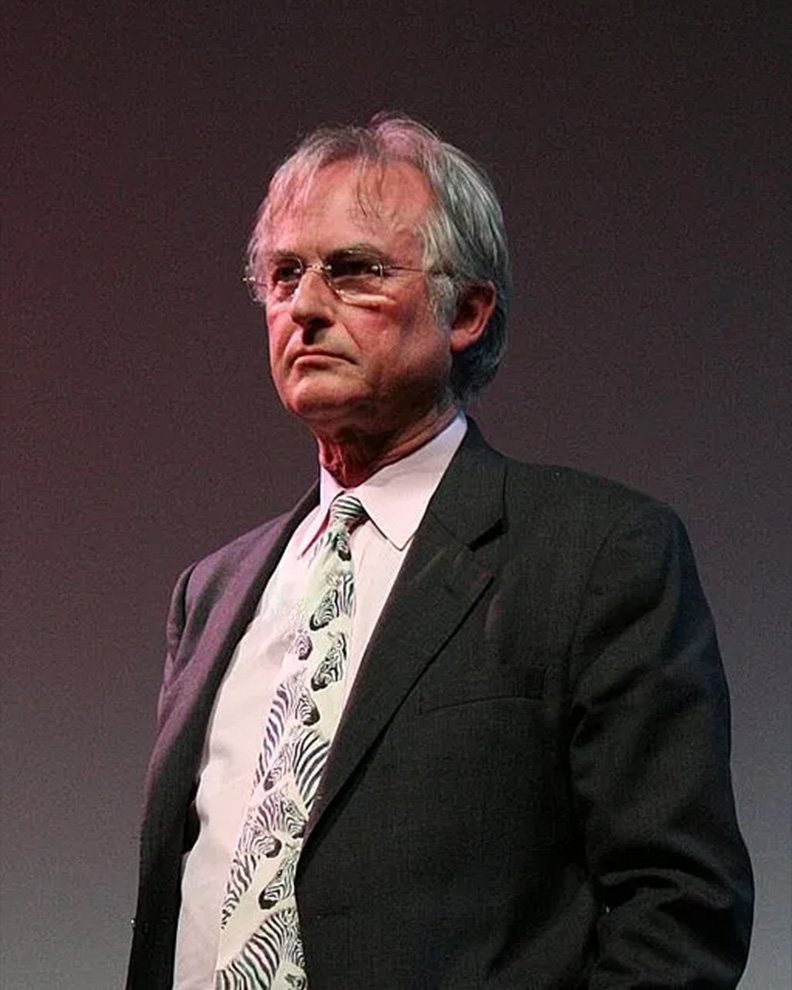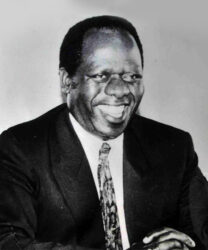Richard Dawkins
Richard Dawkins is a renowned British evolutionary biologist, ethologist, and author, best known for his popularization of scientific ideas and outspoken advocacy of atheism and secularism. Dawkins grew up in England and pursued studies in zoology at Balliol College, Oxford, under Nobel Prize-winning ethologist Nikolaas Tinbergen. He gained international fame with his first book, The Selfish Gene (1976), which introduced the concept of genes as the central units of natural selection and popularized the idea of the "selfish" nature of genes driving evolution. This book also introduced the term "meme," suggesting that cultural evolution follows a similar pattern to genetic evolution through the replication and spread of ideas.
Richard Dawkins further expanded on evolutionary theory in subsequent works such as The Extended Phenotype (1982), where he argued that the effects of genes can extend beyond the organism to influence the environment, including other organisms. Throughout his scientific career, Dawkins has been known for his clear, accessible writing style and his ability to explain complex scientific concepts to the general public. He served as the University of Oxford’s Professor for Public Understanding of Science from 1995 to 2008, a role in which he continued to bridge the gap between science and popular culture.
Beyond his contributions to evolutionary biology, Dawkins is a prominent advocate for atheism and secularism. His 2006 book, The God Delusion, argues against religious belief and promotes a rational, scientific approach to understanding the world. It became a bestseller, sparking widespread debate and solidifying his reputation as a leading voice in the New Atheism movement. Dawkins has consistently criticized creationism and intelligent design, defending the theory of evolution against religious and pseudoscientific attacks. He has also been a vocal critic of organized religion, arguing that it often conflicts with scientific understanding and ethical reasoning.
Dawkins’s impact extends beyond academia; he has influenced public discourse on science, religion, and education. His work has inspired countless individuals to explore science and question traditional beliefs. He established the Richard Dawkins Foundation for Reason and Science in 2006, promoting scientific literacy, secularism, and critical thinking worldwide. Despite controversy and criticism, particularly from religious communities, Dawkins’s contributions have profoundly shaped contemporary discussions on evolution, atheism, and rational thought. His legacy is marked by his commitment to science communication, his challenge to religious dogma, and his enduring influence on how we understand the natural world.
Famous Quote
By all means let’s be open-minded but not so open minded that our brains drop out.
— Richard Dawkins










